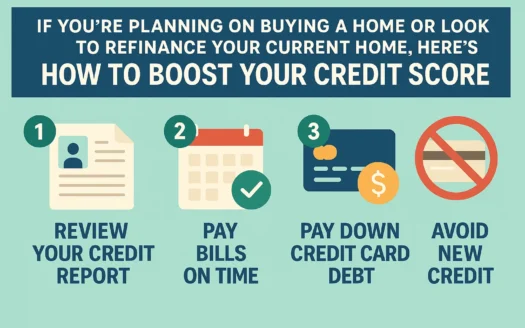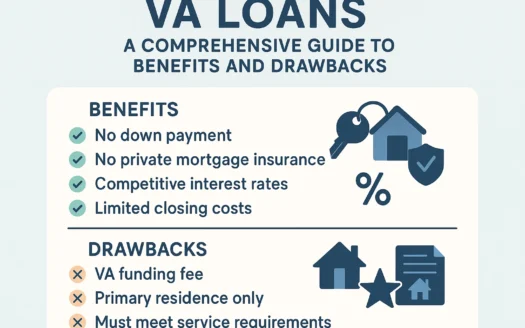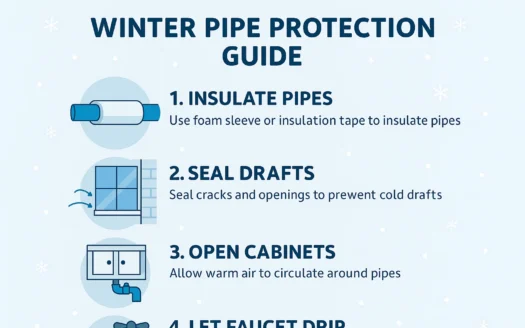Buying a Home is Very Exciting. Buying Homeowners Insurance? Not So Much.

Buying a Home is Very Exciting. Buying Homeowners Insurance? Not So Much.
For as uninspiring as shopping for homeowners insurance can be, it is a must. Homeowners insurance is the single best way to protect your biggest financial investment: your new home. However, protecting your asset isn’t the only reason you need to purchase this insurance — your mortgage lender requires it.
What Is Homeowners Insurance?
Homeowners insurance is a combined property and liability insurance product available for private homes. You may also hear it referred to as hazard insurance or home insurance. Repairing or replacing a damaged home is often prohibitively expensive. Homeowners insurance helps cover those costs. You pay an annual premium based on the replacement cost of the home and the value of your personal property. In exchange, the insurer agrees to pay a specified amount if the home is damaged by a covered cause.
Premiums vary based on the home’s value, personal property value, geographic location, and policy add-ons, typically ranging from several hundred to a few thousand dollars annually.
Homeowners insurance also provides liability coverage, protecting you if someone is injured on your property or their belongings are damaged (e.g., a tree branch falling on a friend’s car parked in your driveway). Without this coverage, you could be responsible for paying damages out of pocket.
What’s Covered by Homeowners Insurance?
Homeowners insurance provides coverage in six categories:
- The Dwelling: Main house and attached structures (e.g., garage).
- Other Structures: Detached garages, fences, sheds, or guesthouses.
- Personal Property: Furniture, appliances, electronics, clothing, and items damaged or lost off-site (e.g., in storage or at college).
- Liability Costs: Injuries or property damage suffered by others on your property.
- Medical Bills: Coverage for injuries caused by you, your family, or pets.
- Loss of Use: Living expenses if your home is temporarily uninhabitable due to repairs.
Hazards Typically Covered
- Fire, smoke, wind, hail, lightning, explosions, or civil unrest
- Theft or vandalism
- Falling objects (e.g., trees)
- Weight of ice, snow, sleet, or freezing rain
- Sudden plumbing or HVAC system failures
Common Exclusions
- Flooding or sewer backups
- Earthquakes, landslides, or mudflows
- Acts of war or government overthrow
- Damage from pests (e.g., rodents, insects)
- Pollution or deliberate damage
- Normal wear and tear
Where to Buy Homeowners Insurance
If you have a mortgage, you’ll need proof of homeowners insurance at closing. Policies can be purchased from major insurance providers. Many start their search with insurers they already use for auto or life insurance. Comparing quotes from multiple providers is crucial to finding the best rate and coverage.
Common Pitfalls to Avoid
Covered Causes
Policies only pay for damages caused by specifically listed hazards. For example, flooding, hurricanes, and earthquakes often require separate coverage. Always clarify covered risks with your agent.
Market Value vs. Replacement Value
Policies are based on replacement cost (rebuilding the home), not market value (land + real estate trends). Replacement costs are typically lower than market value. Regularly review coverage with your agent to avoid underinsurance.
Coverage Limits
While dwelling coverage is usually 100%, other categories (e.g., personal property) are often capped at a percentage of dwelling coverage. Adjusting these limits affects premiums. A home inventory expert recommends: “Many consumers are underinsured because they haven’t compared their belongings’ total value to their policy’s coverage.”
Deductibles
Higher deductibles lower premiums but require out-of-pocket payments during claims. A legal expert advises: “High deductibles can backfire if you can’t afford them when needed. Paying slightly more monthly often provides better protection.”
Business Uses
Homeowners insurance doesn’t cover business activities. While some business equipment (e.g., computers) may be included, additional coverage is recommended for home-based businesses.
Work With a Trusted Insurance Agent
Policies vary widely by insurer, coverage type, and property type (e.g., condos may require special policies). An agent can help tailor coverage to your home’s replacement cost, personal property value, and unique risks (e.g., pools or fireplaces). They’ll also advise on add-ons like flood or business insurance.
While most never file a claim, the peace of mind homeowners insurance provides is invaluable. Take time to compare agents and policies to find the best fit for your needs.




